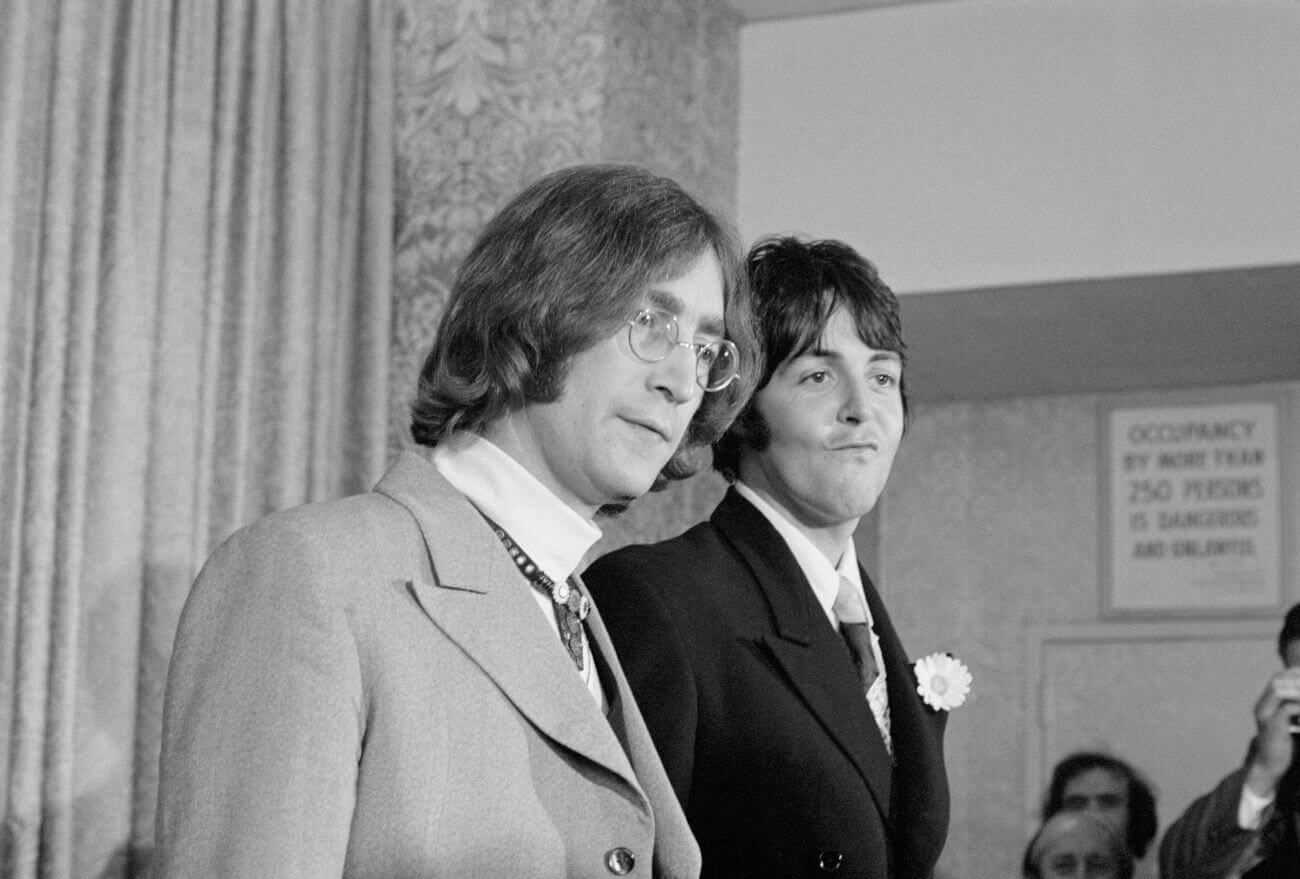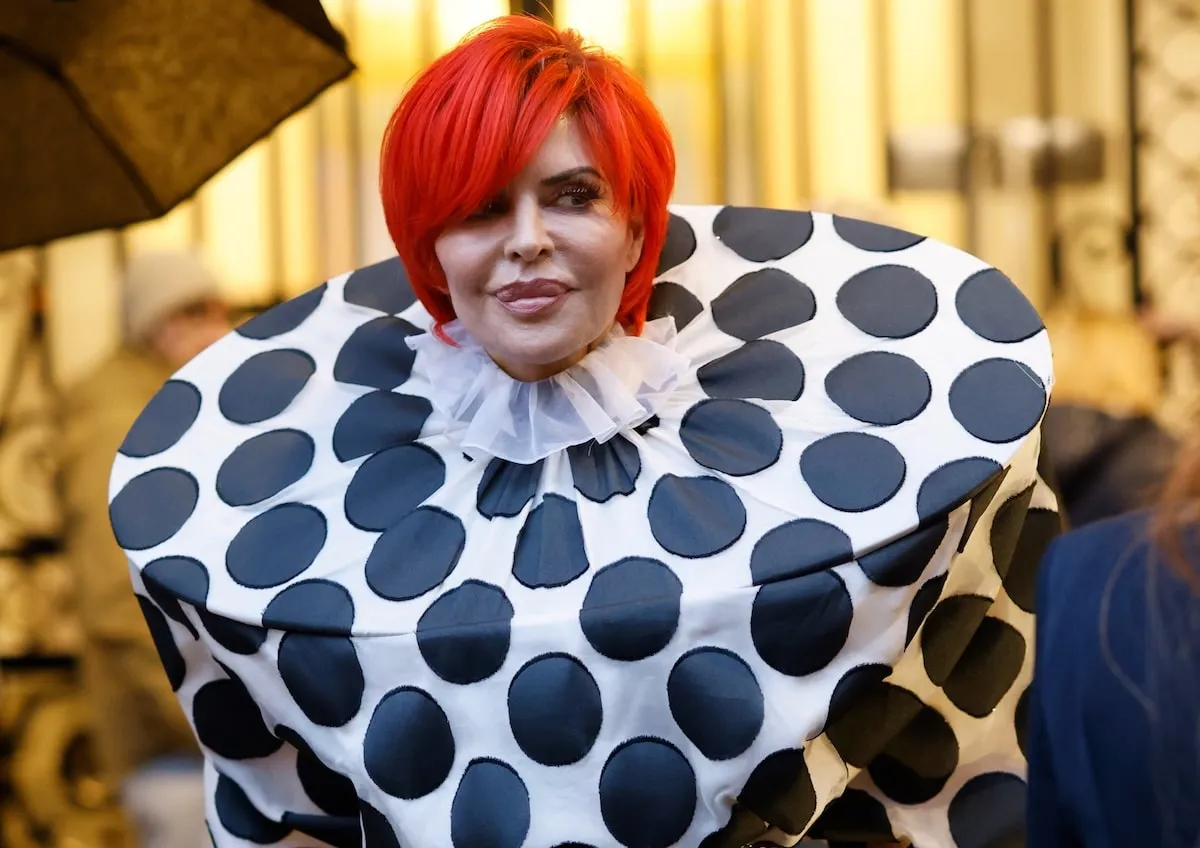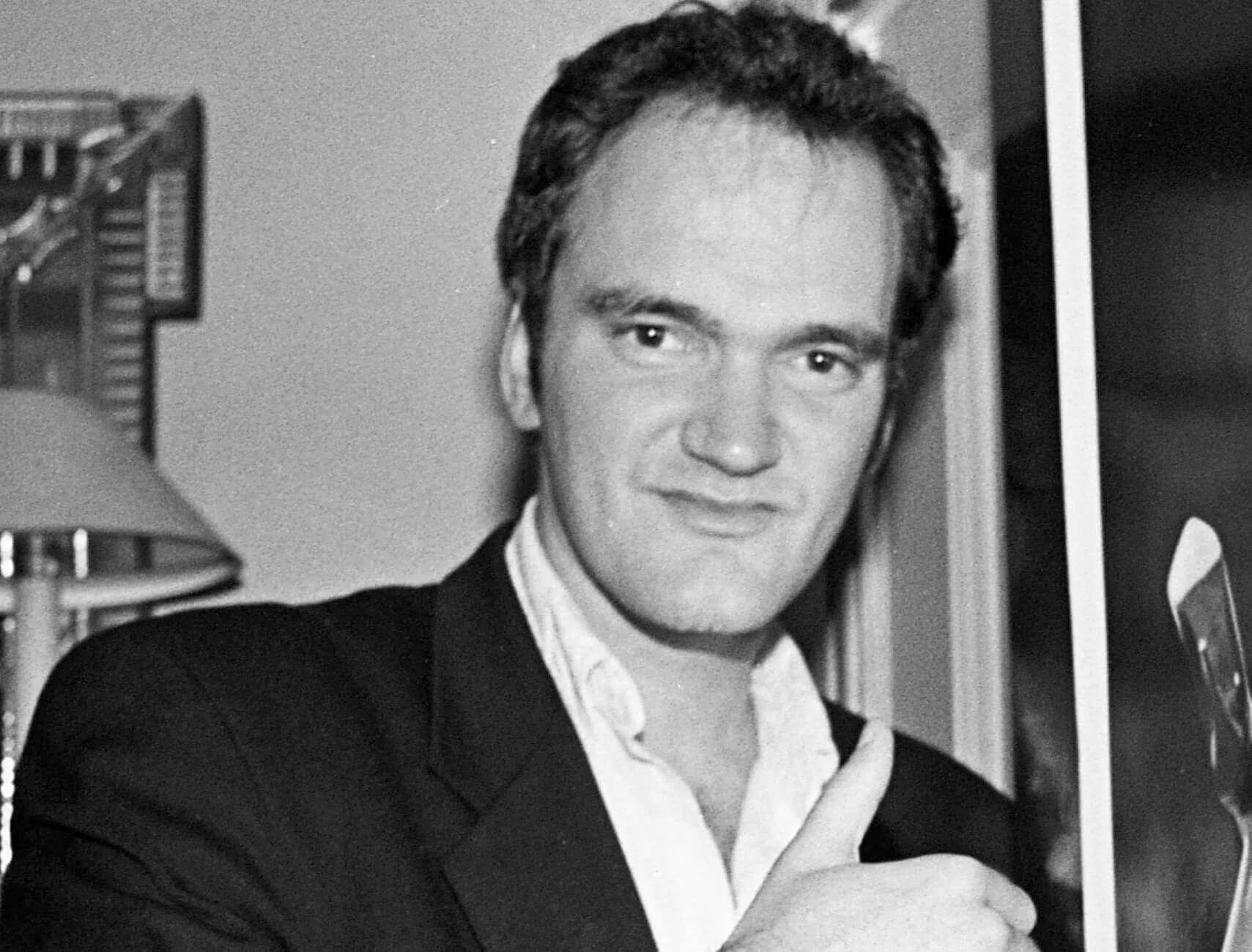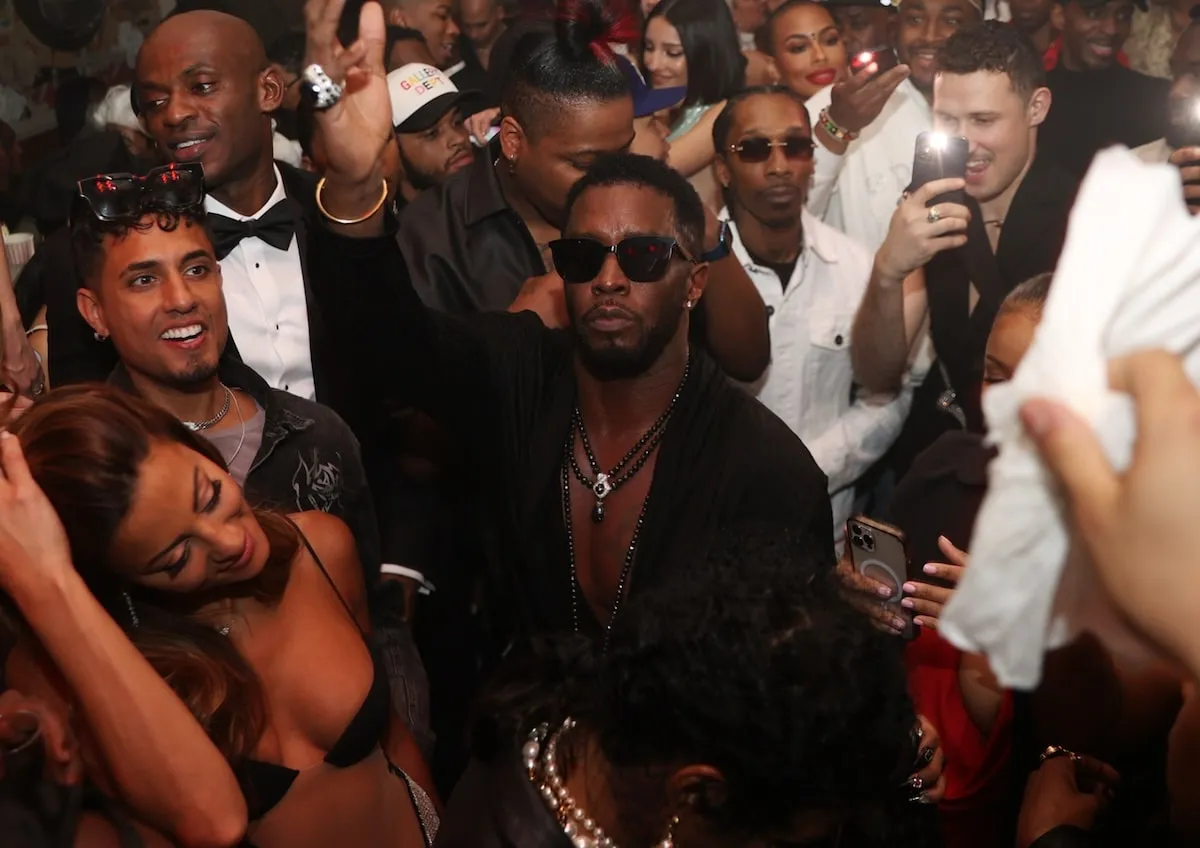
John Lennon and Paul McCartney Made the Short-Lived Apple Boutique ‘Total Madness’
In 1968, John Lennon, Paul McCartney, George Harrison, and Ringo Starr founded Apple Corps Limited. The multimedia company handled The Beatles’ business affairs. One of the corporation’s early business ventures was the Apple Boutique, a store. It lasted six months and, according to manager Pete Shotton, Lennon and McCartney were at least partly responsible for its collapse. The way they approached the store was representative of the problems The Beatles were facing at this time.

The Beatles opened a boutique in London
At the end of 1967, The Beatles opened the Apple Boutique, a store that sold a variety of products. Lennon explained that they initially decided to open the boutique to avoid taxes.
“Clive Epstein or some other such business freak came up to us and said you’ve got to spend so much money, or the tax will take you,” he said, per The Beatles Diary Volume 1: The Beatles Years. “We were thinking of opening a chain of retail clothes shops or some barmy thing like that … and we were all thinking that if we are going to open a shop let’s open something we’re interested in, and we went through all these different ideas about this, that and the other.”
He admitted that it didn’t end up fitting their original vision.
“Paul had a nice idea about opening up white houses, where we would sell white china and things like that, everything white, because you can never get anything white, you know, which was pretty groovy, and it didn’t end up with that, it ended up with Apple and all this junk and The Fool and all those stupid clothes and all that.”
John Lennon and Paul McCartney did not make it easy for employees
Lennon asked his childhood friend, Shotton, to manage the store, and he was happy to do so. He explained that the work hadn’t been what he expected, though. The Beatles all had different ideas of what the store should look like, which meant Shotton was constantly making changes.
“It was total madness. I had four bosses giving different orders,” he said, per The Times. “Paul would come to the shop and tell me where he wanted a partition. As soon as we had done it, John would arrive and say: ‘What the f***’s going on here?’ and want the partition taken down.”
The Apple Boutique lasted six months before it permanently shut its doors.
“We decided to close down our Baker Street shop yesterday and instead of putting up a sign saying, ‘Business will be resumed as soon as possible,’ and then auction off the goods, we decided to give them away,” McCartney announced. “The shops were doing fine and making a nice profit on turnover. So far, the biggest loss is in giving the things away, but we did that deliberately. We’re giving them away — rather than selling them to barrow boys — because we wanted to give rather than sell.”
This wasn’t true, though. The business was rapidly losing money, which caused them to close it.
John Lennon and Paul McCartney demonstrated the band’s overall dysfunction
McCartney and Lennon’s conflicting visions contributed to the store’s collapse. They also hinted at growing dysfunction within The Beatles. As the 1960s wore on, the band began to drift apart. They were fighting more often and spending less time together. Shotton’s experience proved that there was some sort of communication breakdown between the members.
While there were no whispers of a breakup at this point, Lennon announced his departure from the group just a year after the Apple Boutique closed. The downturn of the store was a hint at The Beatles’ future as a band.


